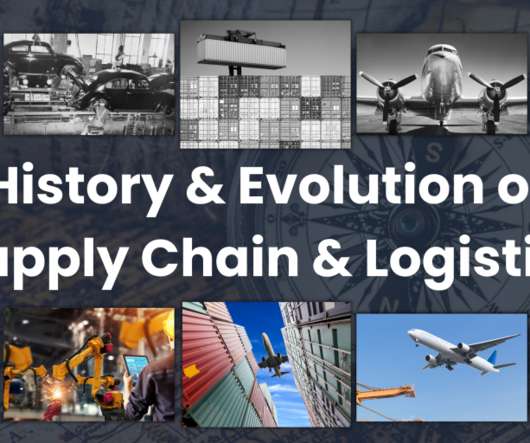The Supply Chain Management Playbook: Your Game Plan for Operational Success
World of Procurement blog
MAY 8, 2024
What is Supply Chain Management (SCM) Supply Chain Management (SCM) is the management of the flow of goods, services, information and finances as they move from raw materials to final product, from manufacturer to consumer. It improves product availability and order fulfillment rates.











Let's personalize your content